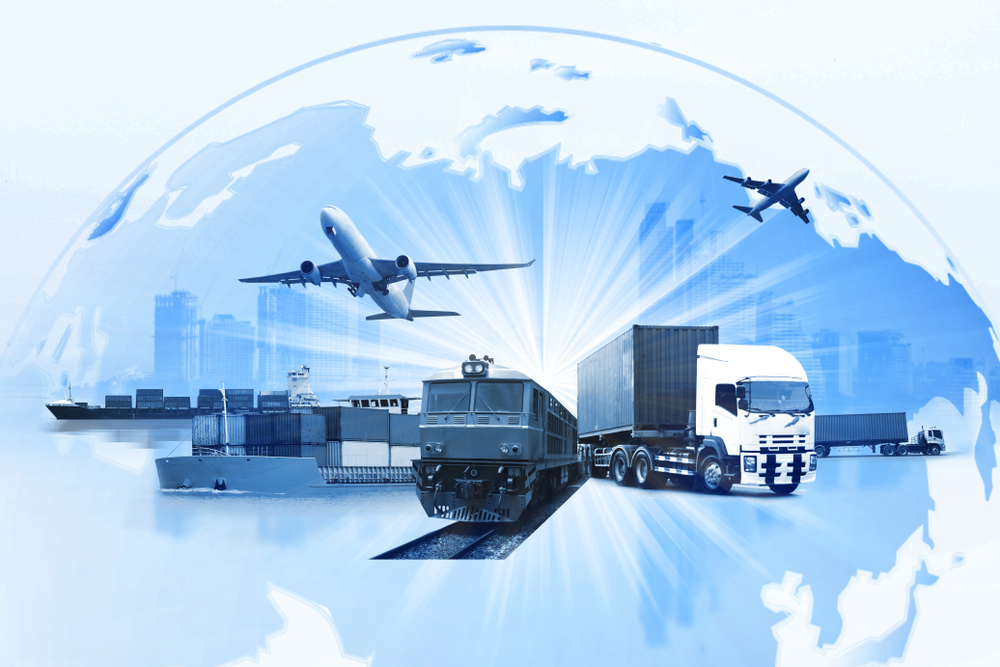Succeeding in the world of international e-commerce calls for common-sense administrative strategies and applied expertise.
With international e-commerce sales projected to top $4.8 trillion by 2021, the pressure is on shippers to prepare their supply chains for global operation. By laying the groundwork now, businesses will be better positioned to satisfy consumers regardless of their geographic location.
That said, succeeding in the international marketplace is more complicated than shippers might think. A wide range of software, hardware, and common-sense managerial strategies are needed if e-retailers want to maintain a competitive edge. While businesses that are just starting out may be wondering where to begin, these five tips are a great place to start.
1. Invest in Management Systems
Maintaining visibility into every stage of your supply chain can be a challenge even if your business primarily operates on a regional scale. If you’re looking to develop an international presence, however, it only gets more difficult.
By investing in warehouse, transportation, and order management systems (WMS, TMS, and OMS respectively), you can monitor the status of your inventory, the route efficiency of your vehicles, and the progress of your customers’ orders. Systems that integrate with one another easily can help you gain a more holistic understanding of how your business is performing and where you need to make improvements.
2. Communicate with Suppliers
Today, the average e-commerce supply chain is more interconnected than ever. That means that delays at one stage of your operation can have wide-ranging ramifications throughout. By staying in regular contact with your suppliers — or by using advanced software that manages that contact for you — you’ll be better able to respond to delays without having to put your entire supply chain on hold.
3. Monitor Political Developments
For shipping and logistics professionals, it should come as no surprise to say that trade protectionism is in the air. With the Trump Administration’s stance on NAFTA, the U.S.-E.U. relationship, and trade disputes with China, it can be hard to know when more tariffs might kick in and which regions they might affect.
Accordingly, shippers should stay on their toes, especially when it comes to working with cross-border manufacturers. While some businesses are accelerating their import schedules in order to avoid rising tariffs, your response may be as measured as reading trade publications regularly to be aware of the newest political developments.
4. Stay Updated on Industry Tech
As e-commerce places greater and greater strain on traditional shipping and logistics infrastructure, the industry is innovating its way through mounting challenges. Whether you take advantage of new customs platforms to speed up logistics at the border or you route your shipments through smarter ports, exciting tools are giving shippers more control over their performance. By staying updated on the latest and greatest in supply chain technology and infrastructure improvements, you’ll be better able to fulfill orders on time and on budget.
5. Find Experienced Logistics Providers
Managing an international e-commerce supply chain can be daunting, but the rewards for businesses willing to compete have never been greater. While small and mid-sized operations might lack the resources to transform their supply chains on their own, working with a third-party logistics (3PL) partner or integrated logistics services provider (ISP) can provide the support they need.
With more than two decades of experience, Primary Freight has the infrastructure, personnel, and resources businesses need to thrive in the international marketplace. From targeted solutions for temporary logistics challenges to long-term partnerships aimed at meeting growth goals, we have the capacity and expertise to help shippers of any size, industry, and budget succeed.
If you’d like to learn more about how Primary Freight’s award-winning shipping services, contact us today at (800)-635-0013.
